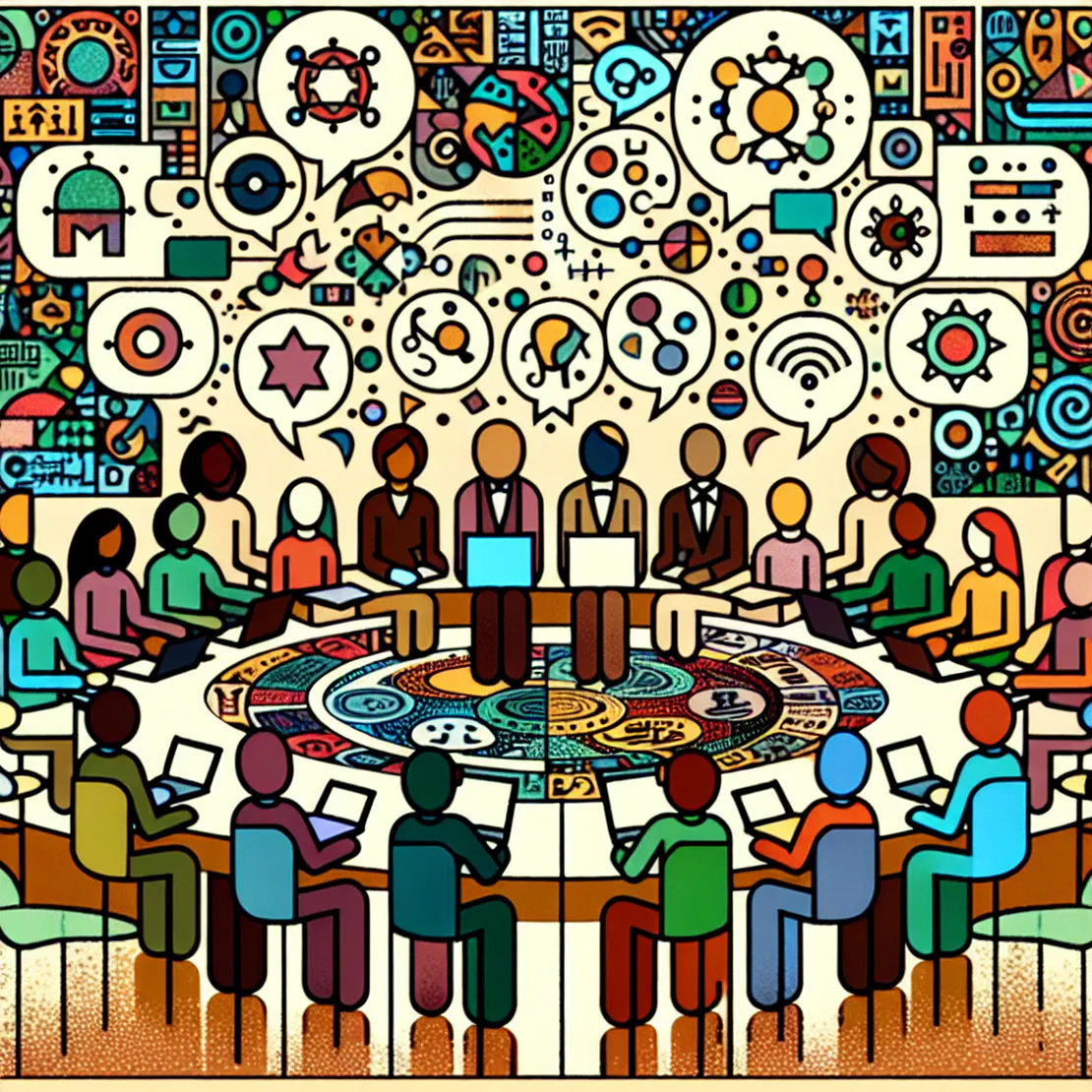
#1383 - Malcolm Gladwell
- The Joe Rogan Experience
- Education , Most popular
- November 13, 2019
Table of Contents
At a Glance
-
Interesting Intelligence Stories - “I love reading these memoirs of mid-level retired intelligence officers, and there’s tons of them.” The speaker shares their fascination with the personal stories of former intelligence officers, setting the stage for a discussion about espionage.
-
The Story of the Retired Intelligence Officer - “he tells a story about how the CIA, a guy who was a really big deal terrorist in the 70s and 80s, really big deal, has a change of heart and comes to the CIA and says, I no longer believe in what I’m doing.” The speaker shares an intriguing tale of a former terrorist turning against their organization and working with the CIA.
-
The Conundrum of Reporting Sensitive Information - “What do you do if you’re a reporter and you have something like that, though? That’s what the episode’s all about.” The speaker poses an important question about the responsibility of journalists in reporting sensitive information.
-
The Power Dynamics between Intelligence Services and Journalists “there’s an established pattern of people at the intelligence services and editors of newspapers talk all the time about things like this. So they have arrangements.” The speaker reveals that there are often unspoken agreements between intelligence services and journalists, which can be complex.
What to Do
-
“Give people the privacy and time to process information before forming conclusions” - This allows individuals to fully understand and reflect on the information shared with them, leading to more insightful conclusions.
-
“Understanding intent behind communication can eliminate confusion and highlight real problems” - By focusing on the intent behind words and communication, individuals can better comprehend each other’s thoughts and avoid misunderstandings.
-
“Consider cultural context in communication to navigate differences in frames of reference” - Acknowledging and understanding cultural differences can help in interpreting communication more accurately and effectively.
What to Get
-
Book: Talking to Strangers - To explore the phenomenon of how people can be deceived by those they think they know well.
Summary
In this podcast episode, the conversation revolves around the theme of communication and the challenges that arise when interacting with strangers. The host and guest discuss various high-profile cases, such as the Larry Nassar case and the Bernie Madoff fraud, where individuals were deceived by people they thought they knew well. The guest, who is the author of the book “Talking to Strangers,” delves into the complexities of human interaction and how misunderstandings can lead to grave consequences. The discussion also touches on the impact of digital communication on young people and how it may hinder their ability to engage in face-to-face conversations effectively.
One of the key points highlighted in the conversation is the concept of “default to truth,” which suggests that humans are inherently trusting beings and tend to give others the benefit of the doubt. This can sometimes lead to situations where individuals overlook red flags or warning signs, as seen in the case of investors who trusted Bernie Madoff despite evidence suggesting fraudulent activities. The conversation also explores the differences in communication styles between different settings, such as corporate environments and comedy clubs, emphasizing the importance of understanding the context in which communication takes place.
Overall, the episode delves into the intricacies of human communication, highlighting the challenges and pitfalls that can arise when interacting with strangers. Through real-life examples and insightful analysis, the conversation sheds light on the importance of effective communication, the impact of trust in relationships, and the need to navigate conversations with caution and awareness.


